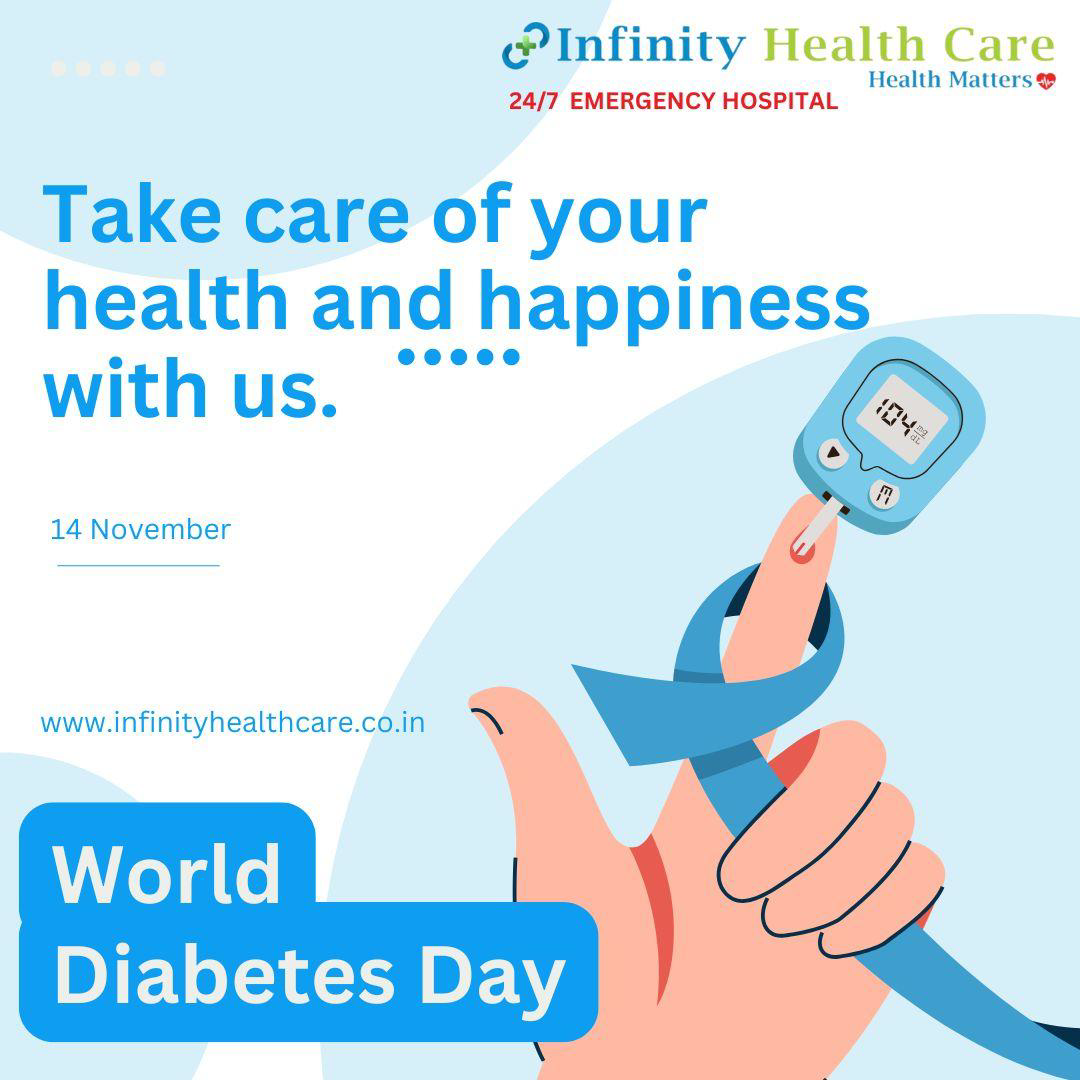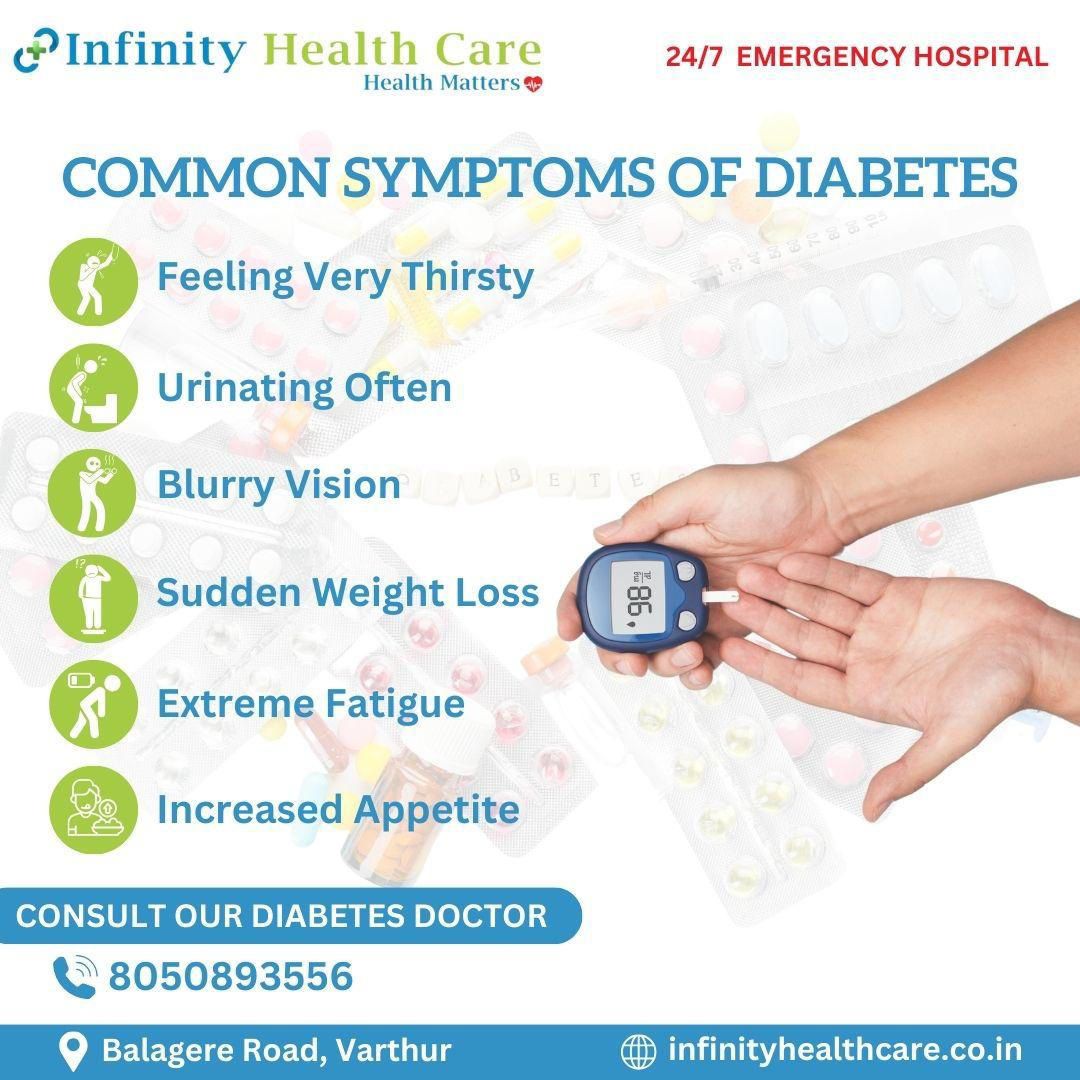Every year on November 14th, we observe World Diabetes Day, a dedicated initiative aimed at raising awareness about diabetes, a critical global health challenge. This day serves as an important reminder of the profound effects diabetes can have not only on individuals but also on future generations. With the increasing prevalence of diabetes across all demographics—irrespective of age, gender, or background—it is essential to adopt preventive measures to effectively manage this condition. On this occasion, let’s explore the impact of diabetes on lives and communities.

World Diabetes Day, established in 1991 by the International Diabetes Federation and the World Health Organization, is celebrated on November 14th to honor the birthday of Sir Frederick Banting, one of the pioneers of insulin discovery. This year’s theme, "Access to Diabetes Care," highlights the necessity for equitable access to diabetes treatment and support services for everyone in need.
Diabetes is a serious medical condition that occurs when the pancreas either does not produce enough insulin or the body cannot effectively utilize the insulin produced. According to the International Diabetes Federation (IDF), about 537 million adults were diagnosed with diabetes in 2021, which is approximately 1 in 10 people. This number is expected to climb to 643 million by 2030 and further to 783 million by 2045. The rising rates of diabetes worldwide illustrate the critical importance of increasing awareness and taking proactive steps to safeguard individuals against this growing health issue.
There are several types of diabetes that are commonly encountered:
Type 1 Diabetes (Juvenile Diabetes):This type occurs when the immune system mistakenly attacks and destroys the insulin-producing cells in the pancreas, resulting in little to no insulin production.
Type 2 Diabetes:Often referred to as adult-onset diabetes, this form is characterized by high blood sugar levels due to the body’s inability to use insulin effectively.
Gestational Diabetes:This type develops during pregnancy when a woman's body cannot produce enough insulin, posing risks for both the mother and the child.
Prediabetes:This condition indicates elevated blood sugar levels that are higher than normal but not high enough to be classified as type 2 diabetes. It serves as a warning sign for potential progression to diabetes.

Often referred to as a "silent killer," diabetes may go unnoticed due to its subtle symptoms, which vary depending on the type and the individual's health condition. Common symptoms include:
Understanding these symptoms and their potential severity is key to early diagnosis and management. On this World Diabetes Day, let’s work together to spread knowledge and promote healthier lifestyles.
As we observe World Diabetes Day, let's focus on spreading awareness and assisting those with diabetes in managing their condition while helping those at risk to prevent it. This day is a call to action to dispel misconceptions and educate our loved ones about diabetes and its impact. Together, we can work towards a future free from diabetes, ensuring the well-being of our communities.
"Blood sugar may have its sweetness, but together we can conquer diabetes."
To reach us please contact on Phone No.8050893556, Balagere Road,Varthur, Email – contactinfinityhealthcare@gmail.com and Website - www.infinityhealthcare.co.in
Written By
Infinity Health Care